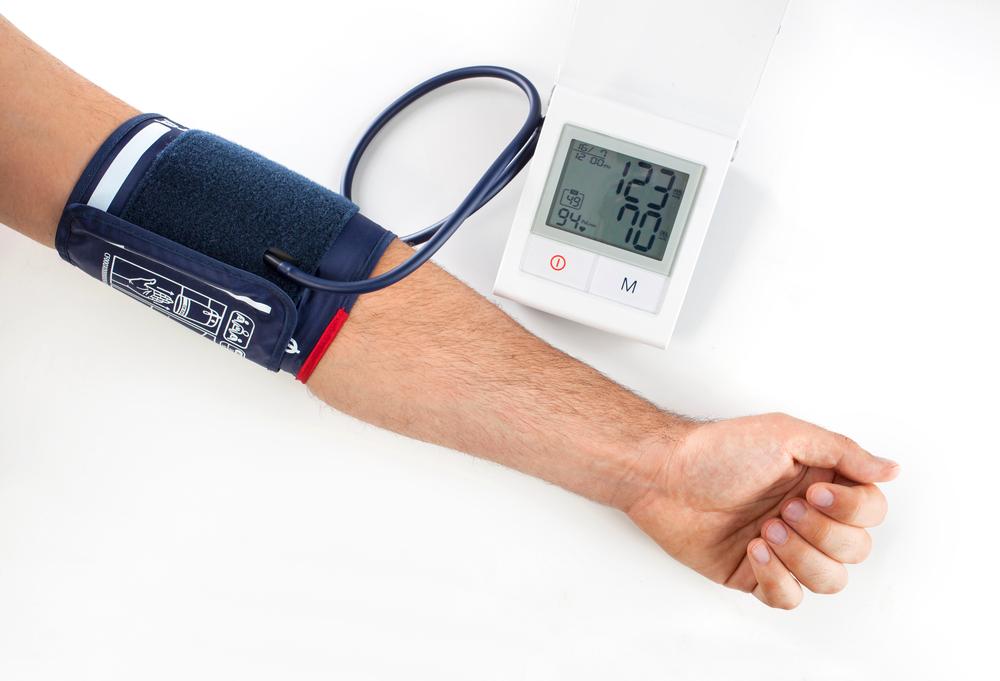Comprehensive Guide to Blood Pressure Levels and Hypertension Severity
This article offers an in-depth look at blood pressure measurement standards, including classification stages from normal to hypertensive crisis. It emphasizes the importance of monitoring and lifestyle changes to prevent health complications such as heart disease and strokes. Suitable for those seeking to understand their blood pressure readings and health implications, it underscores the need for professional guidance in managing hypertension effectively.

Understanding Blood Pressure Measurements and Classification Charts
High blood pressure, known as hypertension, occurs when the force of blood against arterial walls stays elevated over time. Causes include genetic factors, lifestyle choices, kidney conditions, or hormonal imbalances. Chronic hypertension increases the likelihood of heart disease, strokes, kidney damage, and cognitive impairment.
Interpreting Blood Pressure Values
Blood pressure readings are shown as two numbers, like 125/75 mm Hg. The systolic number reflects pressure during heartbeats, while the diastolic indicates pressure when the heart relaxes.
Here's a brief summary of what your blood pressure levels signify:
Blood Pressure Categories
Normal – Less than 120/80 mm Hg. Maintaining healthy habits like eating well, exercising regularly, and keeping a healthy weight is recommended.
Elevated – Systolic between 120-129 mm Hg with diastolic below 80 mm Hg. Monitoring and lifestyle changes are advised to prevent progression.
Failure to control elevated levels can develop into hypertension.
Stage 1 Hypertension – Systolic from 130-139 mm Hg or diastolic from 80-89 mm Hg. Lifestyle adjustments and possibly medication are often needed.
Stage 2 Hypertension – Systolic 140+ mm Hg or diastolic 90+ mm Hg, requiring medical intervention and lifestyle modifications.
Hypertensive Crisis – Blood pressure of 180/110 mm Hg or higher demands urgent medical care. This situation is classified as a hypertensive emergency, with rapid but controlled reduction necessary.
Approximately half of adults over 20 years old have high blood pressure, with many unaware of their condition. Untreated hypertension can lead to serious health issues such as heart attacks and strokes.
Note:
This article provides research-based insights to educate readers on blood pressure health topics. It is not intended to substitute professional medical advice. Medical standards and recommendations may evolve, and individual cases should consult healthcare professionals.


